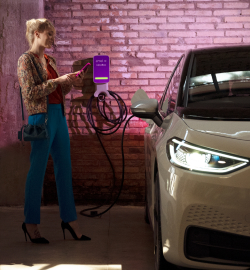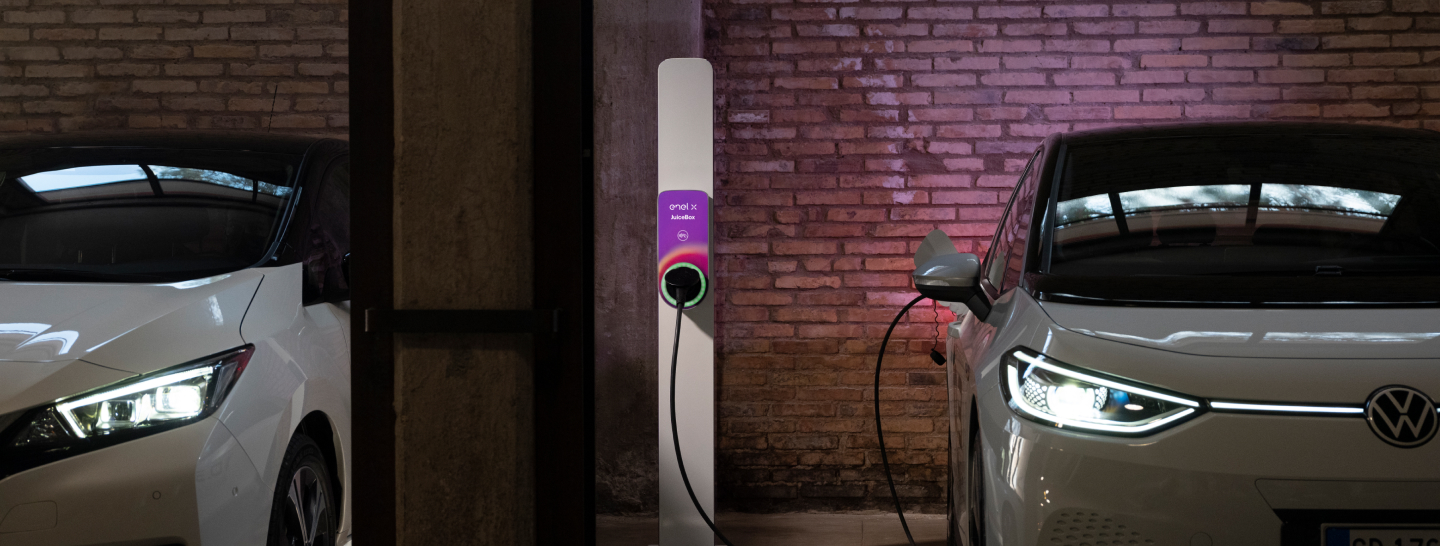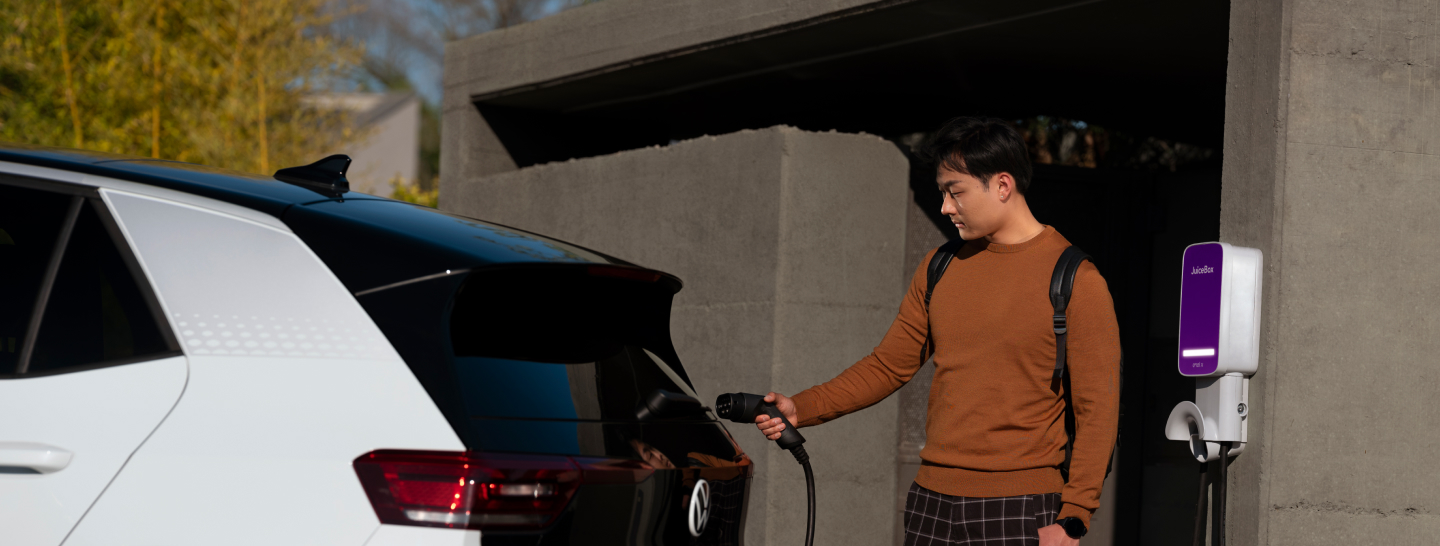Did you know that globally there are over 10.9 million electric vehicles in circulation, of which 3.24 million were sold in 2020 alone (source: EV Volumes). While they still represent a small percentage of the overall number of cars, there are 55 times more EVs on the road now than there were seven years go.
In Germany, sales of new electric cars increased by 263% in 2020 compared to 2019 (source: Kraftfahrt-Bundesamtes) and the best-selling car was the Renault Zoe. Car manufacturers are not only releasing more EV models, with ever greater range and at increasingly affordable prices but many also pledging to make all their models electric within the next decade.






